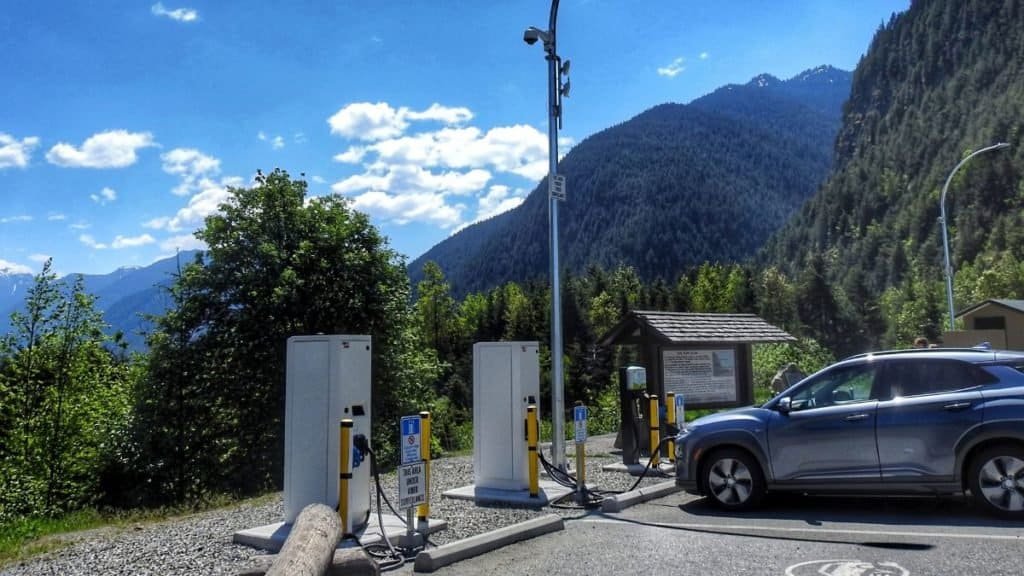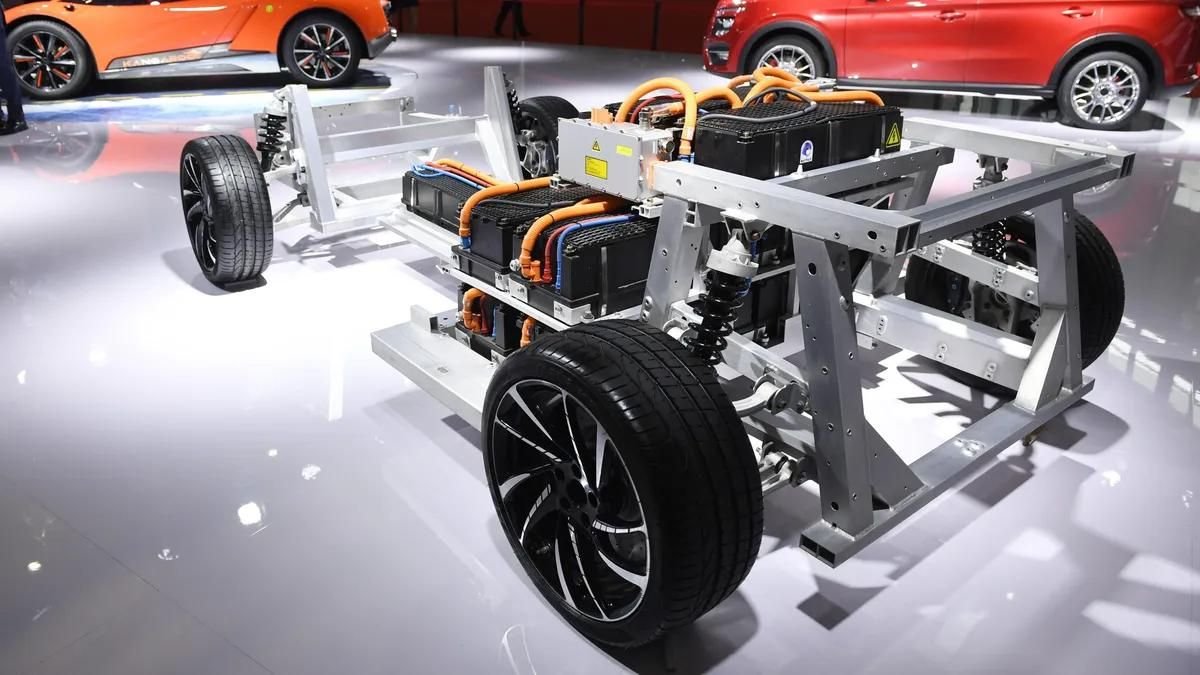Cost is one of the main obstacles to the widespread use of electric vehicles. EVs are simply far too expensive, with the average price reaching a record high of $66,000 earlier this summer. This is unfortunate because the auto industry has consistently stated that as EV battery packs got easier to produce, prices will decrease.
The rate at which EV prices are rising in comparison to their gas equivalents, though, is even more depressing. A recent study by the automotive buying website iSeeCars found that the price of electric vehicles increased by 54.3 percent over the previous year, while the price of gas-powered vehicles only increased by 10.1 percent.
Cost Explosion: Why?
There are numerous factors at play in the electric vehicle price explosion. A global chip shortage has severely hampered industry production and reduced sales of automobiles. And, rather counterintuitively, high gas costs prompted auto purchasers to seize all the electric vehicles they could find on dealer lots, resulting in a sharp decline in inventory.

iSeeCars examined the prices of more than 13.8 million used automobiles sold between January and July of 2021 and those sold during the same period in 2022 to estimate the price growth of electric cars versus traditional fuel vehicles.
They discovered that rising gas prices caused a jump in demand for plug-in vehicles, which led to a spike in electric vehicle pricing in January 2022, up 54.1 percent over the previous year. Price rises for both EVs and gas cars decreased in March, but while they stayed declining for traditional cars, they started to rise again for EVs and continued to rise through the summer.
It’s fascinating to observe that the Nissan Leaf and the Chevy Bolt EV, two of the most affordable EVs on the market, both experienced the highest price increases year over year. Currently, the average price of a used Leaf is $28,787, a 45 percent rise from the previous year.
Nissan is considering discontinuing the Leaf in the upcoming years as the electric vehicle reportedly approaches the end of its useful life. The Bolt, which just received a significant price reduction, now averages $28,291, an increase of 29.3 percent over 2021.

Tesla and Electric Vehicles
The price of Tesla automobiles has increased by 19.2 percent on average, with the Model S having the largest price increase of 27.5 percent to $83,078. According to iSeeCars, the Porsche Taycan’s pricing decreased by 3.5 percent to $138,033 making it the only electric vehicle to do so. This decline shows there may be a cap on the price used EV purchasers will pay, even if the vehicle has a prestigious brand name like Porsche.
Some new EVs have seen price increases from dealers, particularly ones that are in high demand like the Ford F-150 Lightning, GMC Hummer EV, and Kia EV6. Customers have been increasingly incensed as a result, generating news headlines about the fury and forcing automakers to scramble to minimize the damage. For the year, several of the most popular models are already sold out.
In general, the cost of EVs is increasing due to shifting market dynamics and rising commodity prices, particularly for essential components required for EV batteries. Although battery prices have been falling for years, some experts believe that a steep rise in battery minerals over the following few years might result in a surge in cell prices of up to 20%.

However, this price increase might not last for much longer. Several promising developments are reportedly in the works, according to an executive analyst at iSeeCars Karl Brauer, which may result in the stability of EV pricing.
Inflation Reduction Act
President Joe Biden just signed the Inflation Reduction Act into law, which includes a $7,500 tax credit for new EVs and a $4,000 credit for used ones (if they are made in North America and mostly comprise components that are imported from the US and its trading partners).
A flood of new, more reasonably priced EVs is also anticipated, including the Chevy Equinox EV, which General Motors has stated will start at $30,000, and “millions” of less expensive cars that will result from a partnership between GM and Honda. Therefore, even while price shock will certainly continue to be a significant barrier to the widespread adoption of EVs, this situation may not last for very long.

Brauer said in a statement that with an increasing number of reasonably priced new electric vehicles hitting the market, which indicates that used EVs won’t be seen as new or unique, especially as supply chain problems start to get better.
It’s crucial to have patience because used EV costs are anticipated to fall in the upcoming months, even if prospective used car purchasers will see steep price hikes for EVs in the short term.
Read: Adani Group will indirectly purchase 29.18% of NDTV and might make an open offer to buy another 26%


